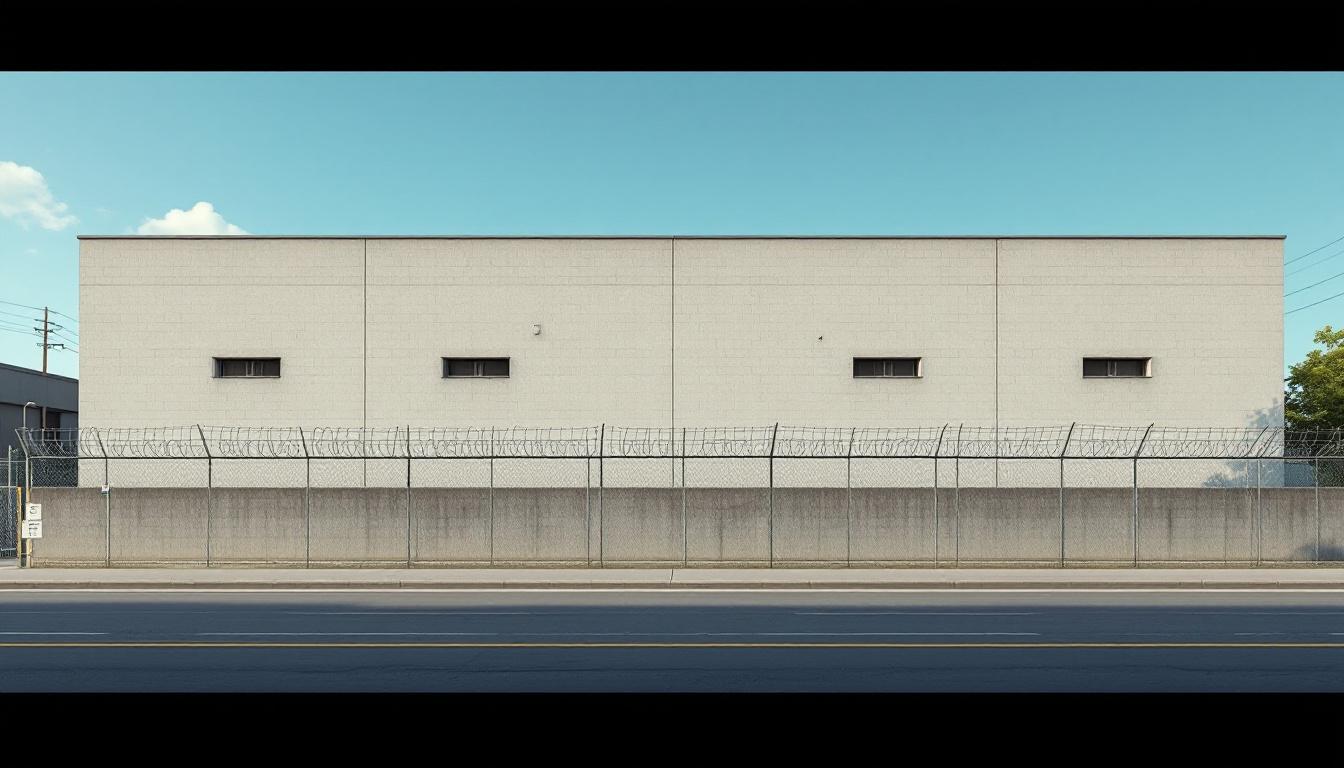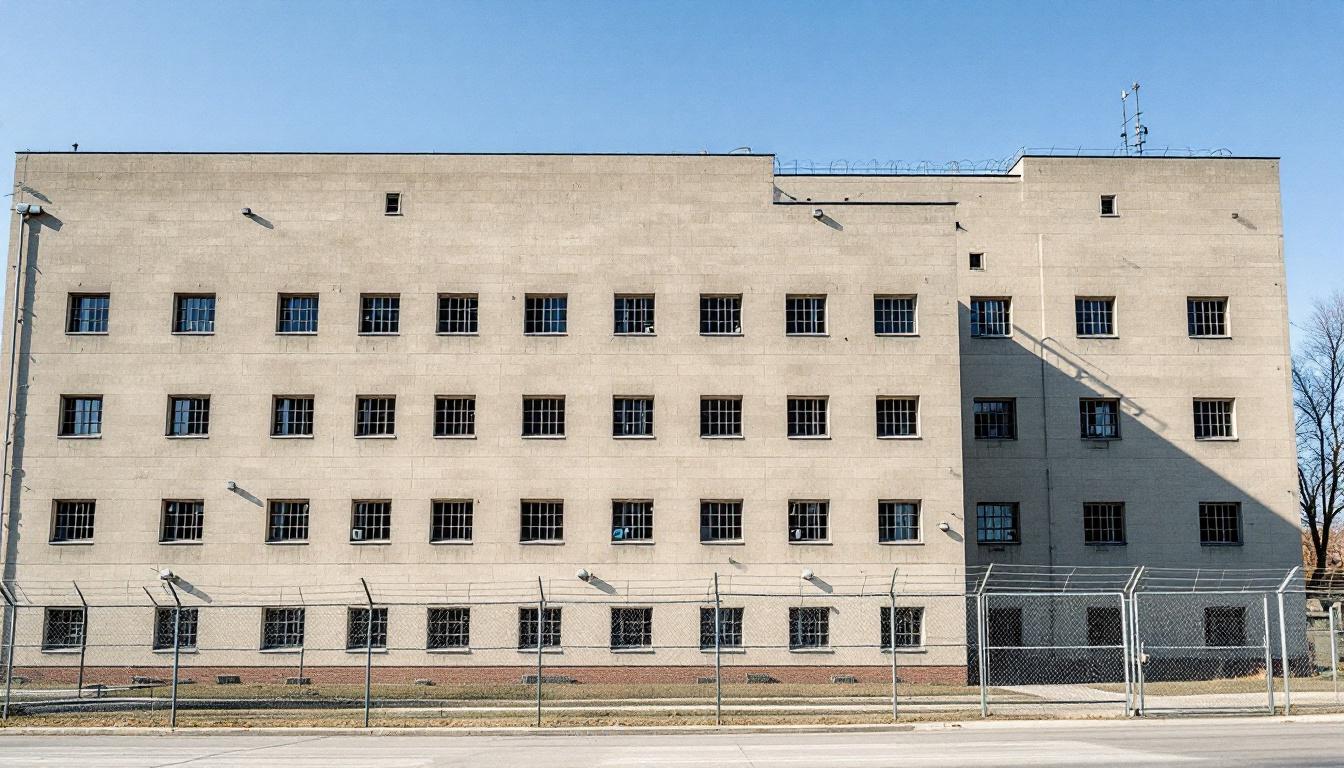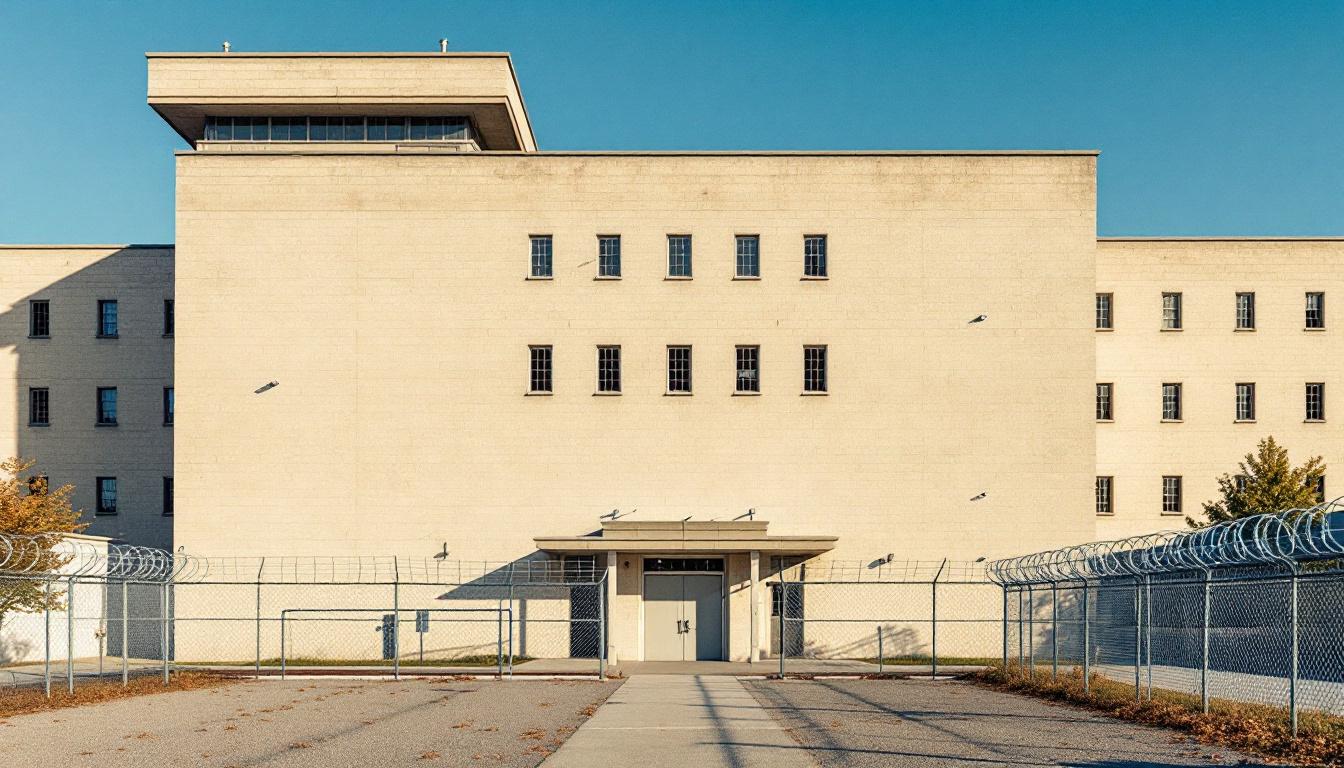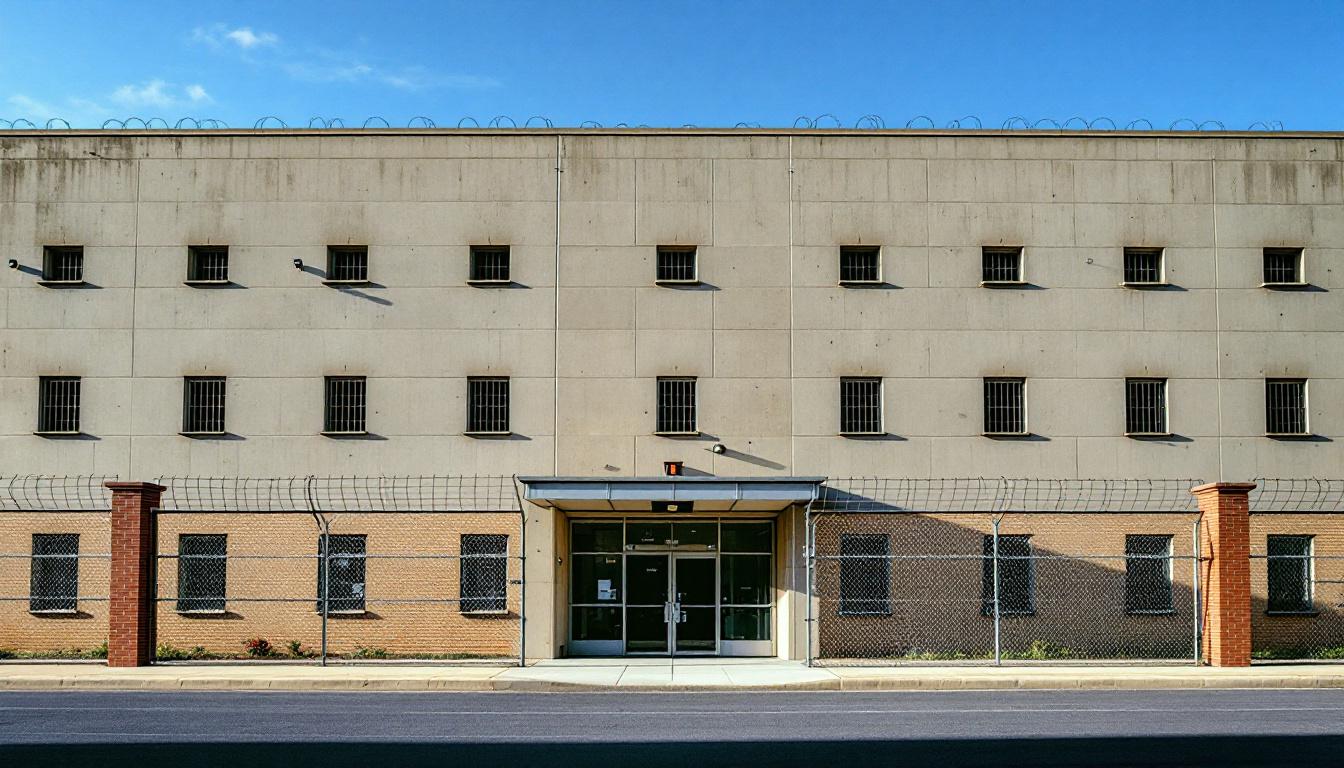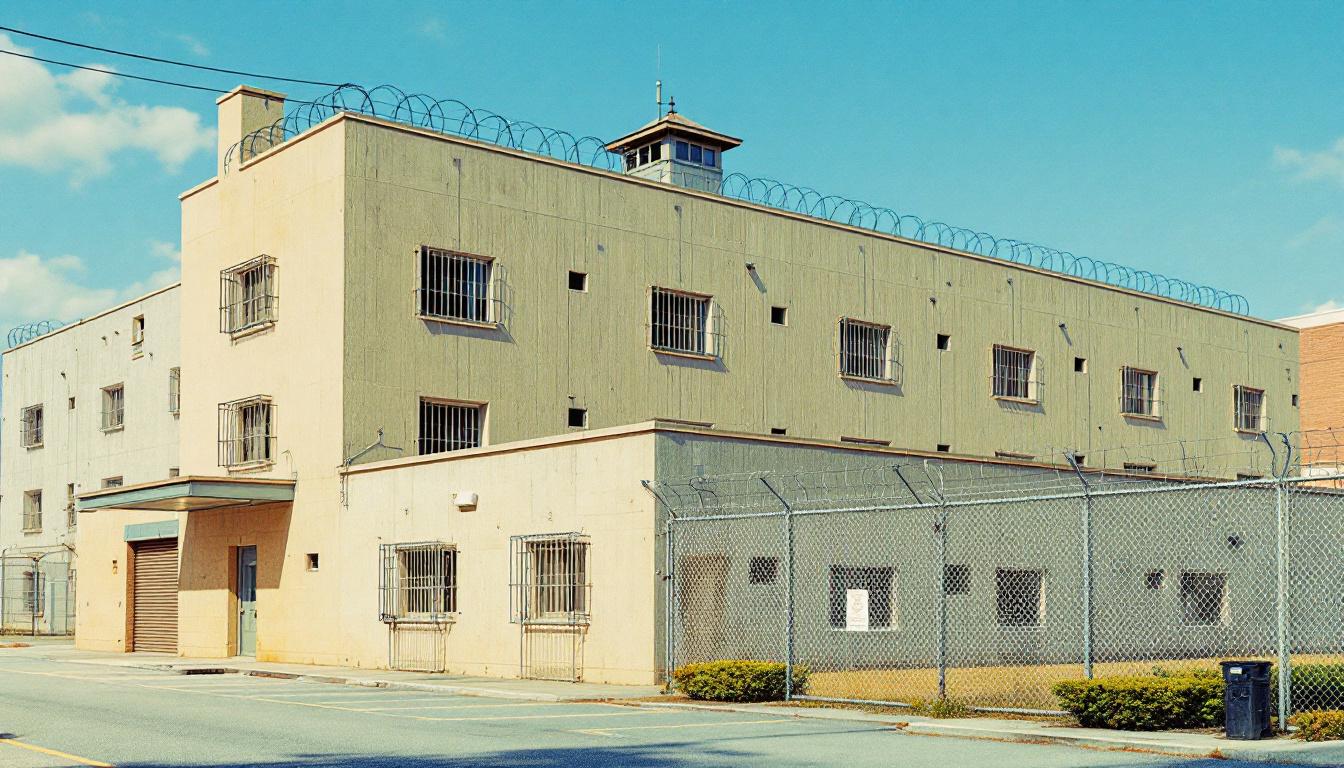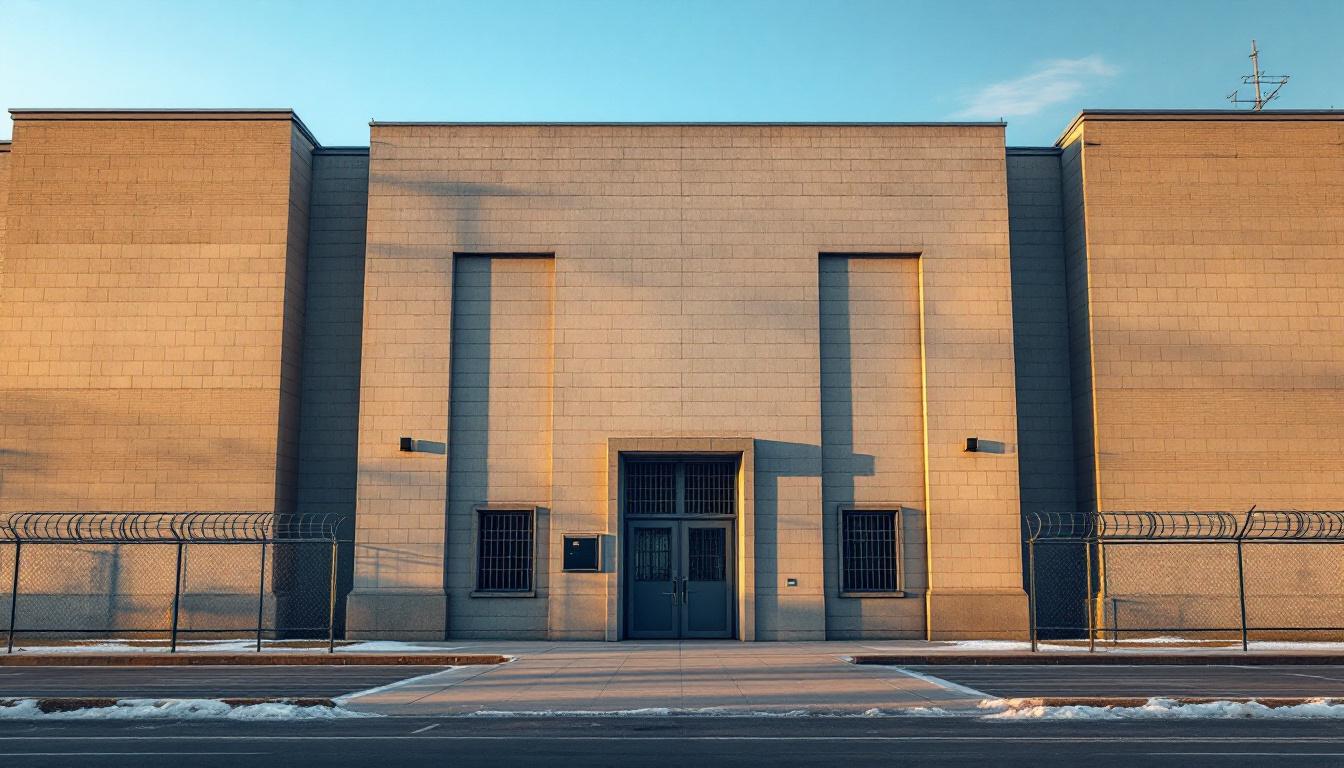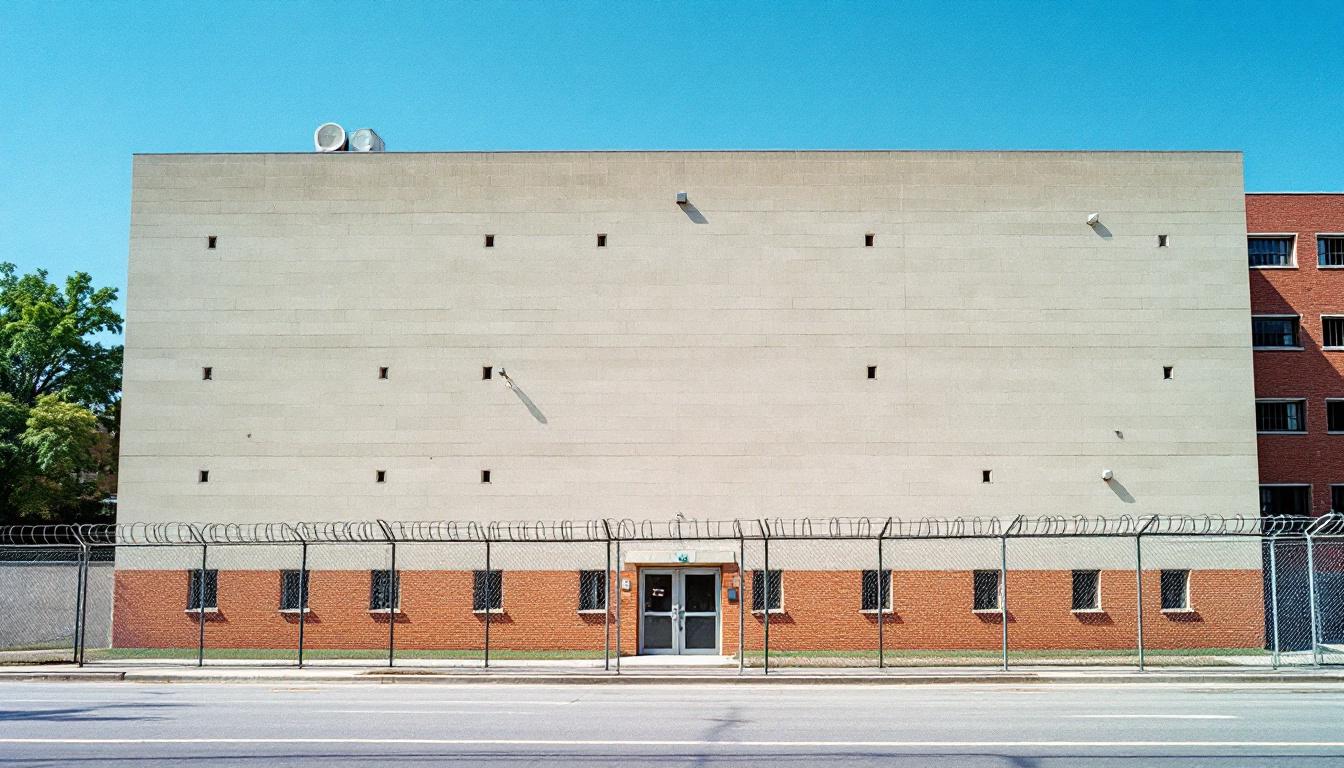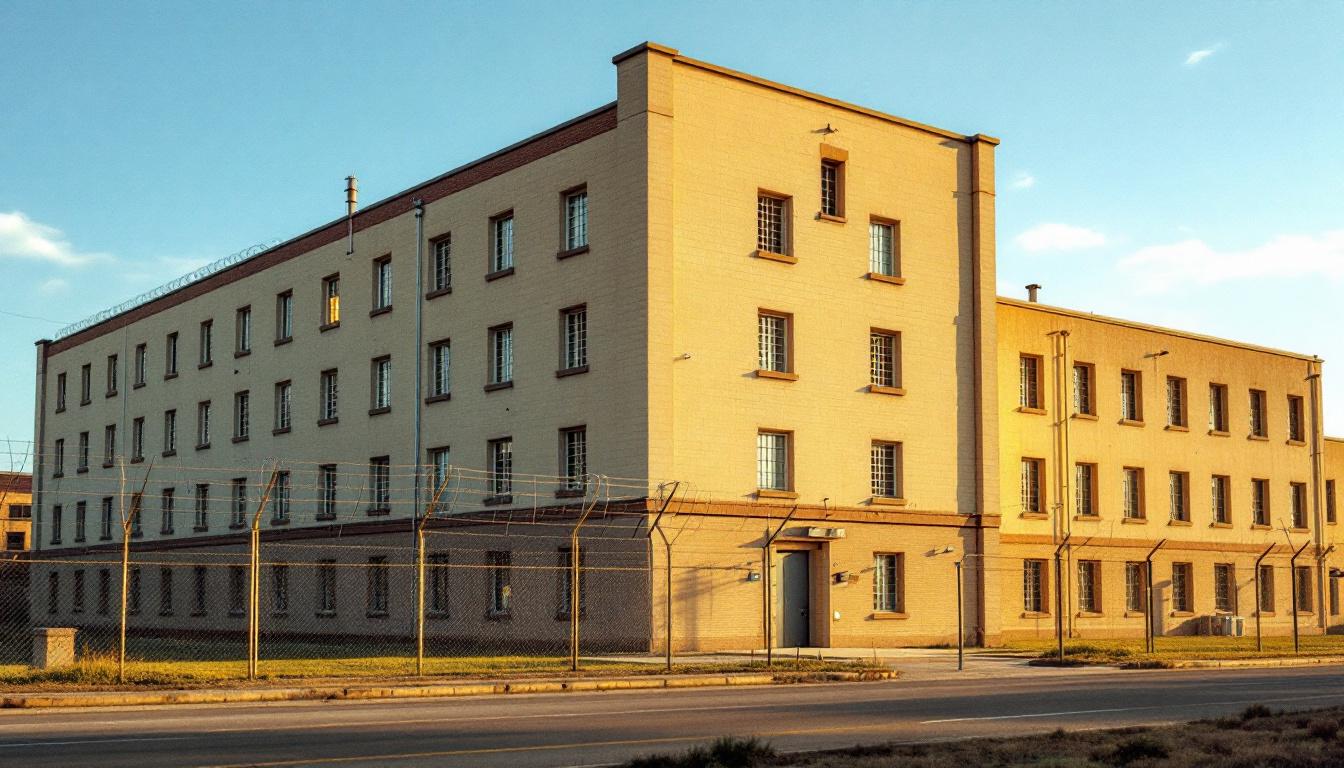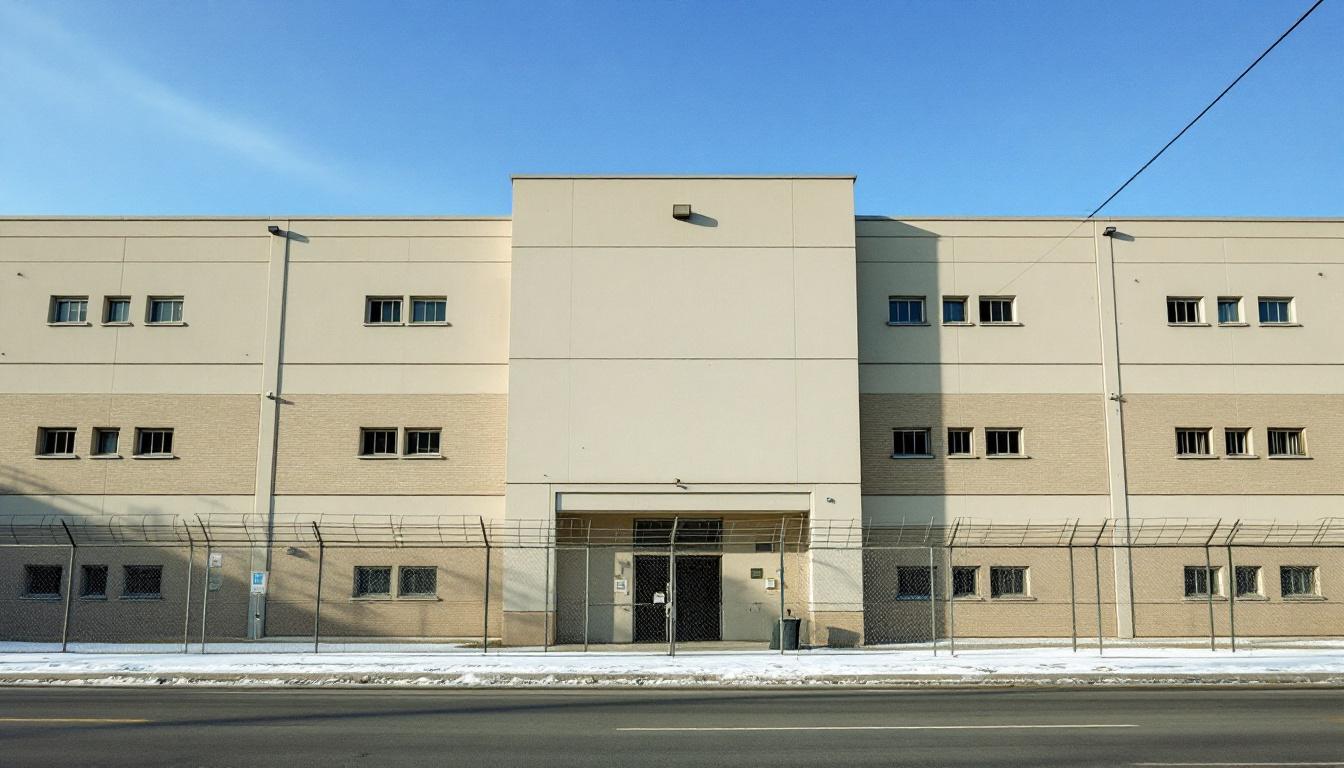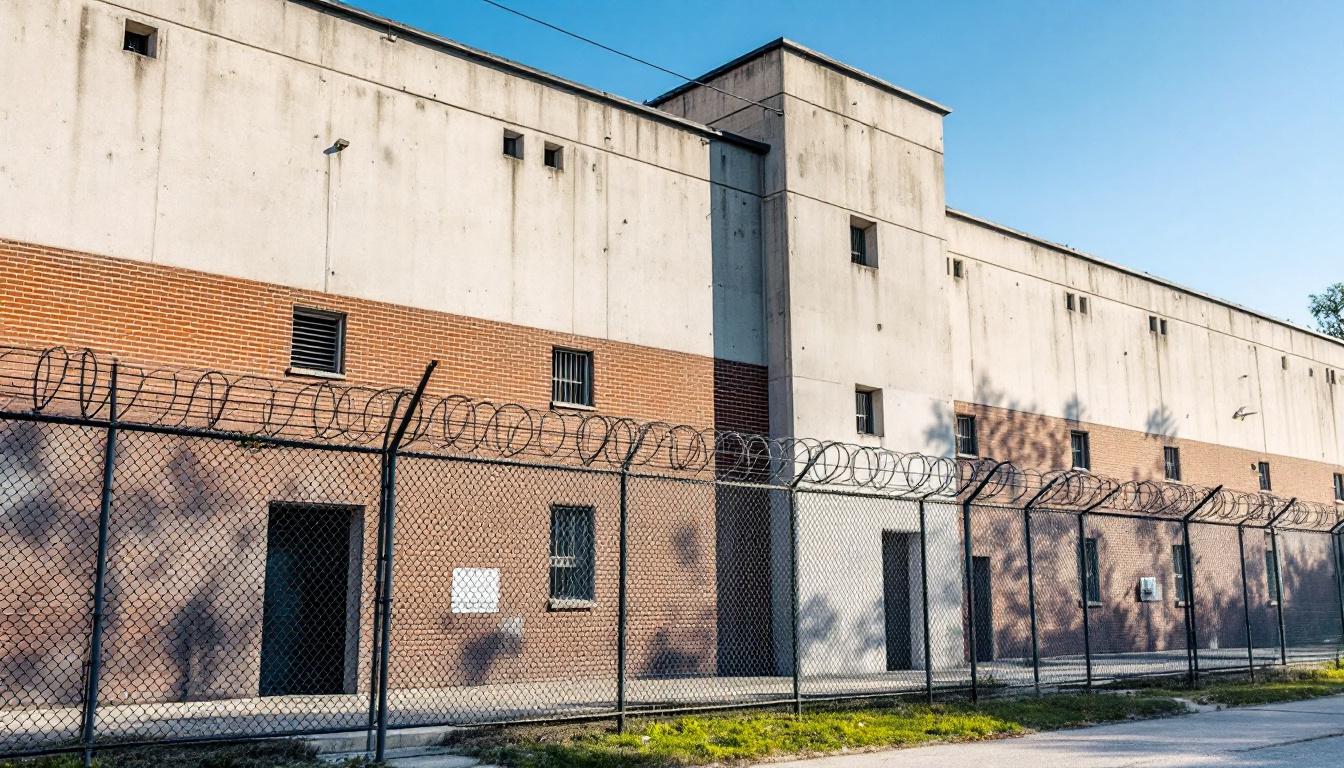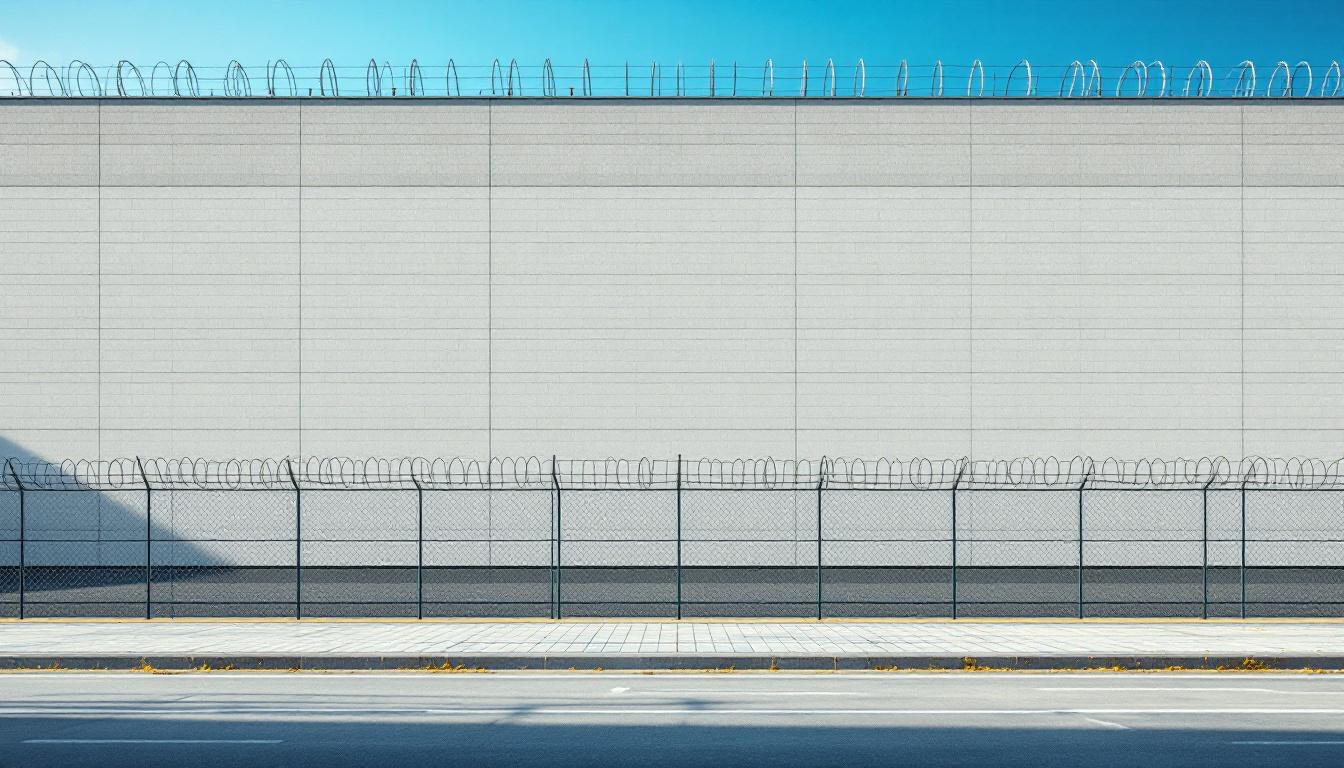
Quick Navigation
How to contact an inmate at Tompkins County Public Safety
This comprehensive guide will walk you through how to connect with an inmate at Tompkins County Public Safety. Follow the steps below to find an inmate and send letters and photos:
- Search for the inmate using our search tool below
- Create your account or log in to Penmate
- Write your message (up to 6,000 characters)
- Send instantly - inmates receive printed copies daily
Find an Inmate
Search for an inmate to start communicating today
Tip: You can search by first name, last name, or inmate ID number
To contact a person at Tompkins County Public Safety start by searching for the person on the official facility website. Perform a search by following these steps:
- Step 1: Enter their first name and last name into the search form and click "Search"
- Step 2: Locate their inmate record
- Step 3: Write down their Inmate ID and any housing information provided
Important! Be sure to enter the person's full name. Nicknames should not be used.
How to Send Messages to Inmates

You can use your phone or computer to send emails, letters, and photos to an inmate. Messages are sent electronically to inmate tablets or kiosks at the facility. If you would like to send a message, start by searching for an inmate at Tompkins County Public Safety.
Sending Photos and Postcards

A great way to send love and support to a loved one at Tompkins County Public Safety is to send photos and postcards. It only takes a few minutes to send photos from your phone and it makes a huge difference. You can also mail postcards with words of support and inspiration, or design your own postcard for special moments like birthdays and holidays.
Important! Be sure not to send any explicit photos or they may not be approved by the facility. You can also use a photo printing app like Penmate to make sure your photos are printed at the correct size (4x6 or 3x5) and are mailed according to the rules and regulations of Tompkins County Public Safety.
Frequently asked questions about Tompkins County Public Safety
-
How long does it take to deliver a message?
If you're sending an email message your letter is usually delivered within 24-48 hours. For messages sent via mail you should expect delivery within 3-7 days. All messages will need be approved by Tompkins County Public Safety.
-
How much does it cost to send a message to Tompkins County Public Safety?
You can send a message free using your phone or mail a message via USPS for the price of a $0.60 stamp and envelope. You can also purchase credits or e-stamps from services starting at $1.99.
-
What services can I use to contact an inmate at Tompkins County Public Safety?
Penmate
You can use Penmate to send letters and photos to an inmate from your phone. It's an easy way to stay in touch during your loved one's incarceration. Use the inmate locator to find an inmate's location and contact information, then you can send messages within a few minutes.
Securus messaging
Securus may be another option for communicating with an inmate at Tompkins County Public Safety. You can create a friends and family account and purchase credits to send messages. All messages will be reviewed and must be approved by the facility.
JPay
Some county jails and state prisons may support sending messages with JPay. You must register an account with the system, find your loved one, and purchase stamps to send messages. For some locations you can also attach photos.
Smart Jail Mail
You may also check if Smart Jail Mail is available at Tompkins County Public Safety. Smart Jail Mail is operated by Smart Communications and has contracted with some state and county jails. After purchasing credits, your messages and photos are sent to the facility, printed out, and then handed out to your loved one.
-
What is the mailing address of Tompkins County Public Safety?
Mailing address:
Tompkins County Public Safety
779 Warren Rd
Ithaca, NY 14850
Phone: (607) 272-2444Business hours:
- Monday: Open 24 hours
- Tuesday: Open 24 hours
- Wednesday: Open 24 hours
- Thursday: Open 24 hours
- Friday: Open 24 hours
- Saturday: Open 24 hours
- Sunday: Open 24 hours
-
What are the visiting hours at Tompkins County Public Safety?
Visiting hours at Tompkins County Public Safety vary by housing unit and security level. Generally, visits are scheduled on weekends and holidays, with some facilities offering weekday visits. Contact the facility directly at (607) 272-2444 or check their website for the current visiting schedule. Visits typically last 30-60 minutes and must be scheduled in advance.
-
What items are prohibited when sending mail to Tompkins County Public Safety?
Prohibited items typically include: cash, personal checks, stamps, stickers, glitter, glue, tape, staples, paperclips, polaroid photos, musical or blank greeting cards, hardcover books, magazines with staples, and any items containing metal or electronics. Only send letters on plain white paper with blue or black ink. Photos must be printed on regular photo paper (no Polaroids). Always check with Tompkins County Public Safety for their specific mail policies.
-
How do I send money to an inmate at Tompkins County Public Safety?
You can send money to an inmate at Tompkins County Public Safety through several methods: 1) Online using JPay, Access Corrections, or the facility's approved vendor, 2) Money orders mailed directly to the facility with the inmate's name and ID number, 3) Kiosks located in the facility lobby, or 4) Over the phone using a credit or debit card. Fees vary by method, typically ranging from $2.95 to $11.95 per transaction.
-
Can I schedule a video visit with an inmate at Tompkins County Public Safety?
Many facilities now offer video visitation as an alternative to in-person visits. At Tompkins County Public Safety, video visits may be available through services like Penmate, Securus Video Connect, GTL, or ICSolutions. Video visits typically cost $10-20 for 20-30 minutes and must be scheduled in advance. You'll need a computer or smartphone with a camera and reliable internet connection. Contact the facility for their specific video visitation policies and approved vendors.
-
What identification do I need to visit an inmate at Tompkins County Public Safety?
All visitors must present valid government-issued photo identification such as a driver's license, state ID, passport, or military ID. Minors must be accompanied by a parent or legal guardian who can provide the minor's birth certificate. Some facilities require visitors to be on the inmate's approved visitation list, which may require a background check. Contact Tompkins County Public Safety for specific ID requirements and visitor approval procedures.
-
How can I find out an inmate's release date?
To find an inmate's release date at Tompkins County Public Safety, you can: 1) Use the online inmate search tool if available, 2) Call the facility's records department, 3) Contact the inmate's case manager or counselor, or 4) Have the inmate provide this information during a call or visit. For privacy reasons, some facilities only release this information to immediate family members.
Facility Overview
Contact Information
Tompkins County Public Safety779 Warren Rd
Ithaca, NY 14850
Phone: (607) 272-2444
Official Website
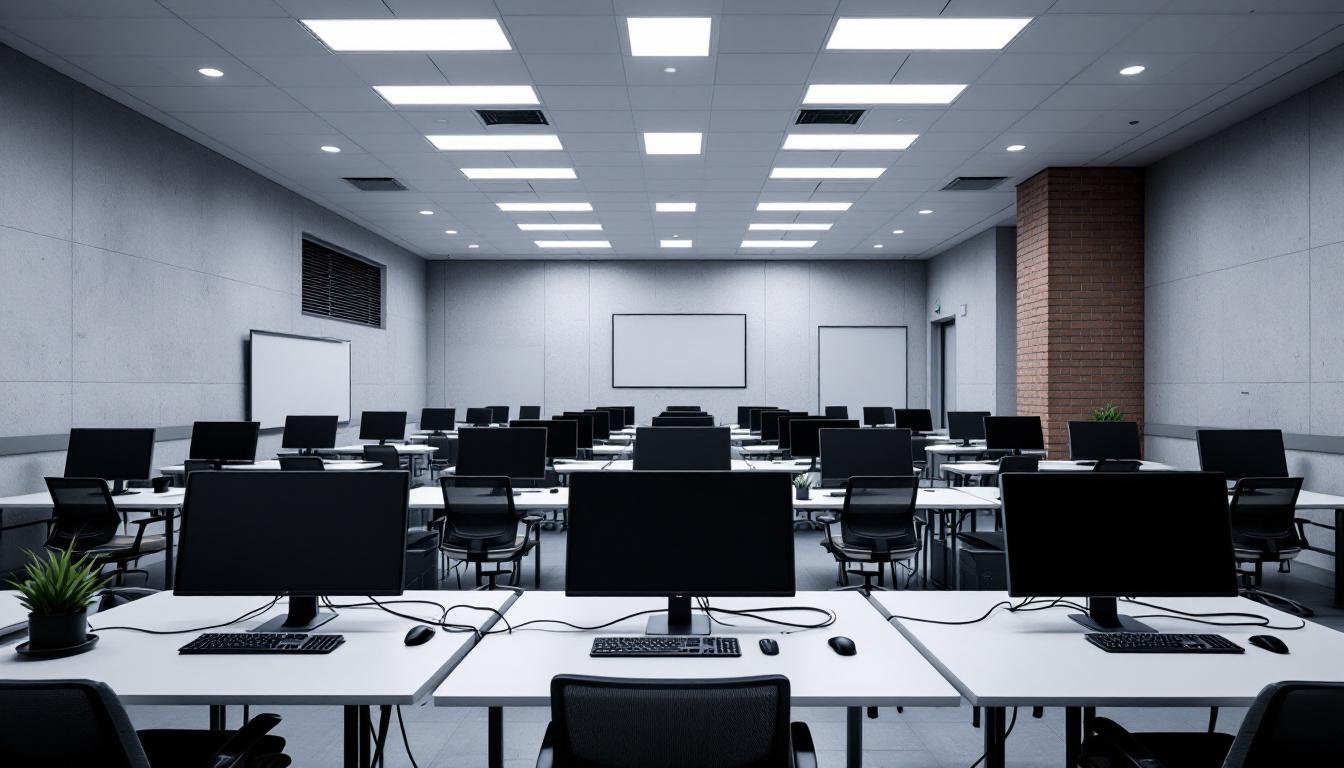
About Tompkins County Public Safety
County jails throughout New York State serve as critical components of the criminal justice system, providing secure custody while individuals await trial or serve shorter sentences, and Tompkins County Jail, NY exemplifies this essential function within the heart of the Finger Lakes region. Located in Ithaca, this NY correctional facility operates within a community known for its educational institutions and progressive values, creating a comprehensive environment where traditional correctional practices intersect with contemporary approaches to justice and rehabilitation. The facility’s position in Tompkins County reflects the region’s commitment to balancing public safety with meaningful opportunities for personal growth and community reintegration.
The collaborative approach that typically characterizes operations at county-level facilities often extends beyond the walls of the institution itself, as staff members generally work alongside local organizations, social services, and community partners to address the diverse needs of the population services require. Programs may include educational opportunities, substance abuse counseling, mental health support, and vocational training designed to prepare individuals for successful reentry into the broader Ithaca community. This comprehensive framework recognizes that effective corrections involves not merely secure confinement, but also the development of skills and resources that support long-term stability and reduced recidivism. The facility’s commitment to security and rehabilitation reflects broader trends in modern correctional philosophy, where the dual goals of public protection and individual transformation work in tandem to serve both justice and community well-being.
Programs & Services
Mental health support and cognitive behavioral therapy form the foundation of how Tompkins County Jail approaches rehabilitation for the population. The facility typically emphasizes a comprehensive approach that addresses both immediate needs and long-term reintegration goals. These programs often focus on building essential life skills while providing therapeutic interventions that help participants address underlying issues that may have contributed to their incarceration.
Educational services play a central role in preparing the population for successful community reintegration. The facility may supply basic literacy programs, GED preparation, and vocational training opportunities that help participants develop marketable skills. These educational programs often include computer literacy and job readiness training, which are essential for securing employment upon release. Work release programs typically allow eligible participants to maintain employment in the community while serving their sentence, helping to preserve family connections and financial stability.
In addition to these educational opportunities, therapeutic programs provide crucial support for addressing substance abuse and mental health challenges. The facility often includes group counseling sessions and individual therapy designed to help the population develop healthy coping strategies. These support services may supply family counseling components that work to strengthen relationships and build support networks for successful reintegration. Mental health support typically encompasses both crisis intervention and ongoing treatment, ensuring that participants receive appropriate care throughout their stay and connections to community resources upon release.
Daily Life & Visitation
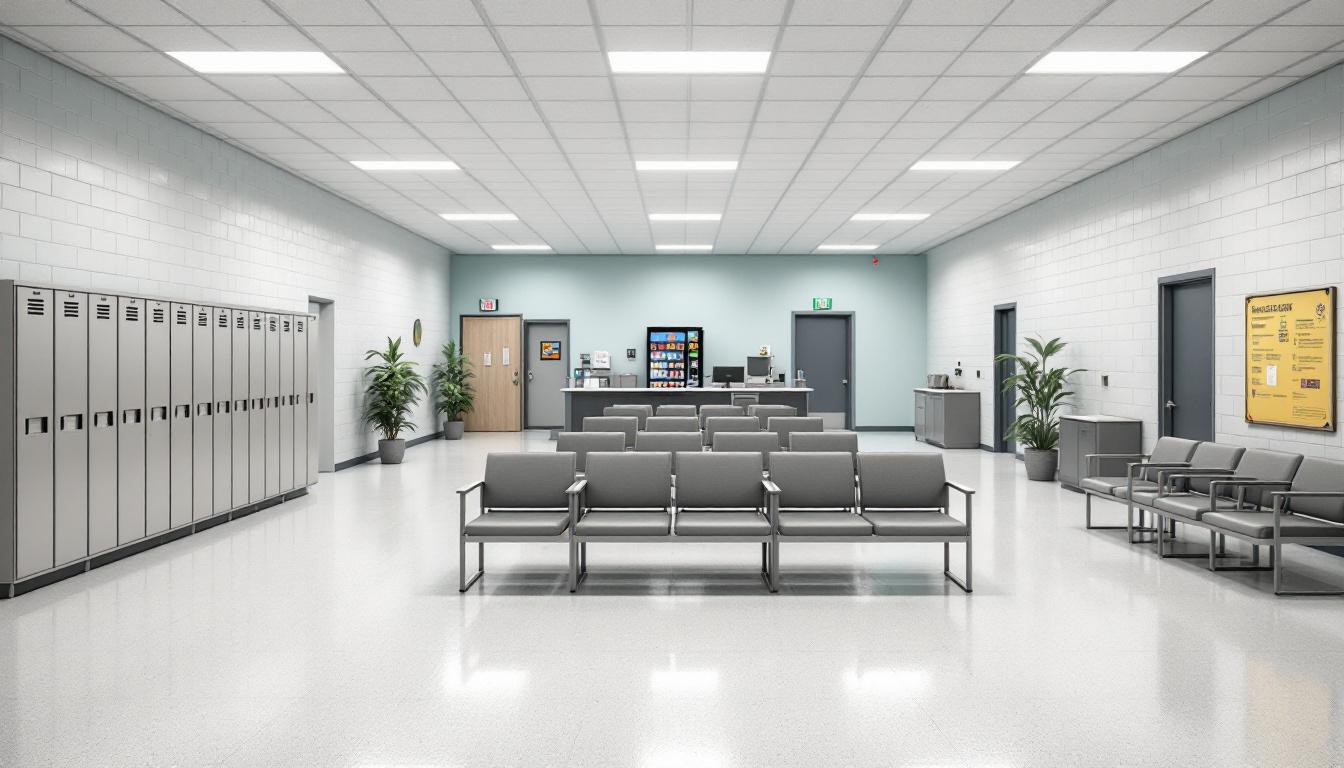
Organizational protocols currently shape every aspect of life within the facility, creating a structured environment where scheduled activities and security procedures define the daily experience. The population follows established routines that typically begin with morning counts and continue through designated meal times, programming sessions, and evening procedures. This systematic approach generally ensures orderly operations while providing predictable patterns that help residents navigate their time at the facility.
Housing units typically accommodate multiple residents in dormitory-style arrangements or individual cells, depending on classification levels and available space. The population generally receives three meals daily in designated dining areas, with menus that aim to meet basic nutritional requirements. Personal property allowances usually include essential items, while commissary services may offer additional food items and personal care products for those with available funds.
In addition to this basic structure, recreational opportunities often include access to television areas, limited outdoor time when weather permits, and reading materials through library services. Work assignments within the facility typically supply structure for eligible residents, involving tasks such as kitchen duties, cleaning responsibilities, or maintenance work. Despite this busy schedule, visitation programs generally allow family contact during specified hours, while telephone access and mail services continue to provide important connections to the outside community. Programming schedules may include educational opportunities, substance abuse counseling, or other rehabilitative services designed to support positive outcomes.
Ready to Connect?
Start communicating with your loved one today
Search for an Inmate
